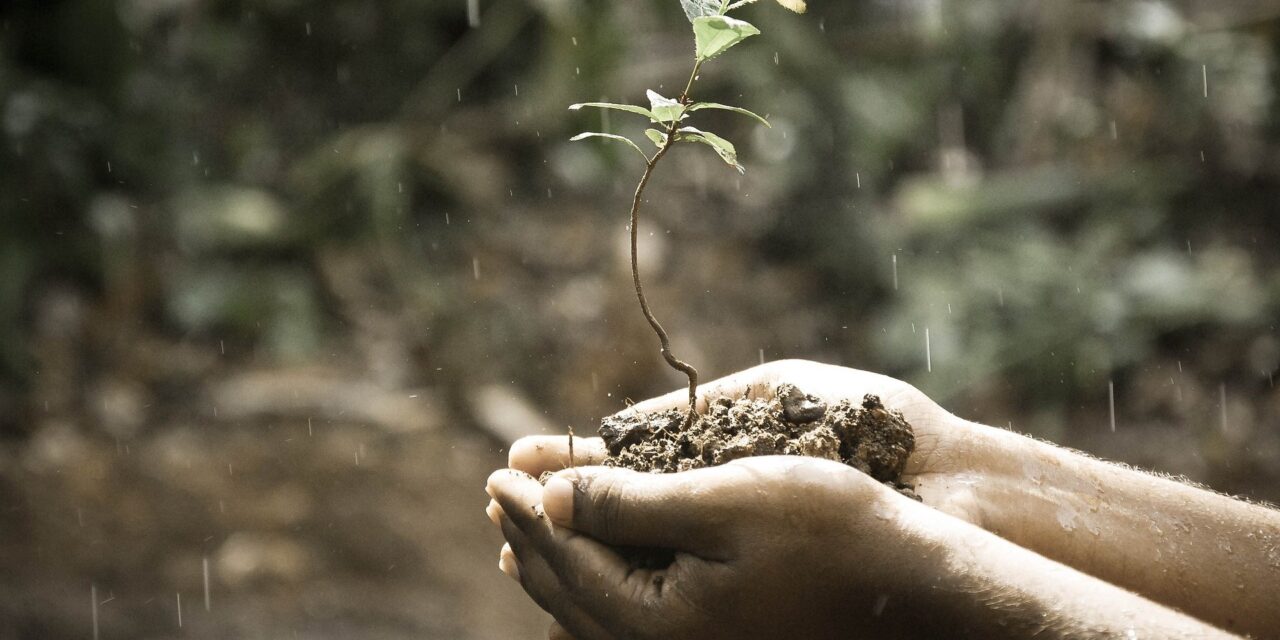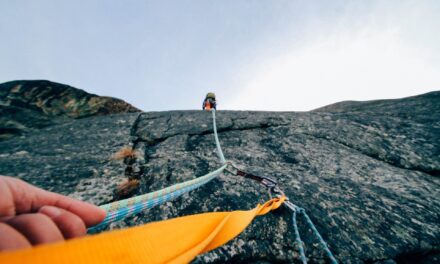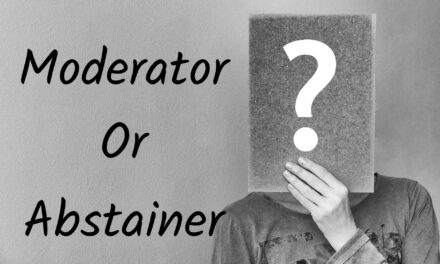5 Things To Do When You “Mess Up”
I – of all people – “shouldn’t” be the one writing this post. I have a blog clearly identifying the dangers of sugar, how to cut it out of your life, and keep it out of your life. Yet I mess up. I turn to sugar. My first thoughts are “well – there goes all of my credibility as a blogger. As a content creator. As an entrepreneur.” Whoa there, self. Not so fast. So it’s true though. I made a mistake today. I slipped up. Is that because I’m incapable? Absolutely not! I now hear Christina Perry singing “‘cause I’m only human”. And well guess what? The analytics say that 95% of my readership is also only human. (The rest of them are cats sitting on their human’s keyboards, and let’s be honest – they have personal issues they need to work on, too.) So – I guess we all have something in common here.
The thing is that it is a universal truth – we’re all going to make mistakes. Again – shocking, I know. The quest becomes not so much of getting ourselves on a one way non-stop flight to perfection, but the journey on the trail of self-mastery. But here’s the thing – trails are rocky. A lot of times not flat. 95% unpaved. Or they might start off paved, but if you want to get to the best views or see the best scenery, you must be willing to wander past the pavement. At the very least you’ll get dirty. But – you’ll probably get tired, get winded, get too hot. Get too cold. Get a cramp in your leg. Roll your ankle. You may also accidentally get off the trail you wanted and accidentally find yourself on a different path. All normal. So normal in fact, that this paragraph is 100% applicable to anyone with any weakness or struggle. Which is everyone – including you, cats.
So what now?
You’re in luck. Your chances of long term success have much more to do with what you do after you “mess up” than how long you can go on pretending to be a perfect human.
Step 1: Acknowledge you are human and you make mistakes.
Yes, I mentioned this in regards to myself, but now it’s time for you to do that. You are no less worthy of a person, of love, or of your future self because you made a mistake. Your future self is who they are because you took them on this journey – mistakes and all. Think back to other mistakes you have made in your life – perhaps it was in a relationship, a financial decision, or maybe you tried experimenting with a different route home from work and discovered that traffic is really bad in that area. Once you have been able to work through these errors or missteps, most people report coming out on the other side with more knowledge about what to do/what not to do in the future. We learn things by trial and error. People who have never made any mistakes are very boring people. They are incredibly naive and impossible to relate to. Never go to them for advice, because they honestly have no clue what they are talking about. They’re not good at many things because they have never tried many things. So the point is – I’m not sure why anyone would slip-up in trying to cut out sugar from their diet and then say “forget it! I can’t do this” when we honestly can’t expect ourselves to do anything perfectly at first. If you are in fact stuck in this mindset, this is likely affecting your life in a lot of ways and is probably creating many problems for you. Please seek additional help for this, because this level of perfectionism is truly holding you back and keeping you not just from excellence, but even just enjoying life.
Step 1 and a half –
recognize that while you make mistakes, you yourself are not a mistake. Brené Brown, who has made her career out of studying shame, makes the distinction that guilt is the feeling that I did something bad, while shame is “I am bad”. (I smell a book review coming)
Step 2: Identity what you were feeling before, during, and after.
In the context of “using” sugar, what was going on? For me, before I used today, I was feeling overwhelmed and tired. I had gotten some bad news the day before, and my sleep suffered because of it. I was in some physical pain. I was also working. Simultaneously bored and frustrated with the confines of work in that moment, my brain went towards what it knows is the fastest, simplest, and most pleasurable way to get that hit of dopamine and (albeit temporary) energy it needed – sugar. Let me be clear – your brain isn’t dumb. Your brain knows how to get what it craves. For a lot of people, it is through an addiction or a compulsion, which for most of us on this page is, at a minimum, sugar. Many of us also have more than one habit/compulsion/addiction that we turn to. When things start feeling “off-balanced” and you’re struggling to feel better/have the problem fixed, your brain goes “Emergency! Emergency! Need sugar” If no other part of your brain is prepared with the tools to shut that off and override that, that’s what you’re going to do – or whatever other habits you default to. That doesn’t mean you’re broken, that just means your brain knows how to keep itself feeling okay and functioning in the moment. Congratulations, your brain wants you to survive that moment and be okay. Don’t get mad at it – it’s like literally doing its job.
Step 3: Identity what else could have helped you override the emergency alarm.
Exercise. Meditation. Taking a break. Reading a book. Talking to a friend. Go for a drive. Listen to music. Dance. I know what I really needed was a dopamine hit, and most of the time, that’s probably what you need, too. Whether it’s boredom, frustration, sadness, anger or yes – even strong emotions of happiness or pleasures – can trigger the brain’s desire for a quick hit of dopamine. It’s normal. Dopamine is associated with the “reward center” of the brain. It’s the prize you get at Chuck-e-Cheese with your tickets. Cash in your tickets, and get a reward. If you’re doing long, grueling and difficult things, your brain wants a reward. Sometimes that reward is built into some tasks through the satisfaction of its completion. Other times, it’s not, and we seek for it elsewhere – such as in the form of sugar, OR – for some people it might be shopping, gambling, alcohol, or in extreme cases, hard drugs.
The issue with dopamine is that your dopamine levels can get so high that your brain is constantly craving more to have the same effect. That is why some drugs are so addictive. Ultimately, that also largely has to do with the struggles that we face with sugar, too. We develop a “tolerance” to it, and we start requiring more
Step 4: Identify external triggers.
What was going on around you? Were you or have you recently been around a lot of sugar? Have you recently been watching other people eat sugar? What about on the TV or internet? Did you see commercials or maybe other images that triggered you?
One time a few years ago, I had been sugar-free for a few weeks. However, my roommates were having a Valentine’s Day centered activity that had me staring at my poison of choice. I stayed there an incredibly long time because I felt like I was socially obligated to. I didn’t cave then, but it was a day or so later that when I was at the grocery store I finally did cave. It takes a lot of strength to withstand temptation like that. Even if you come out victorious in that immediate situation, be very careful in the days ahead. I have found that after a time where I struggled a lot to maintain control, I have a harder time in the coming days until I build myself back up.
No one would ever think it was a good idea for a recently sober alcoholic to go hang out in a bar. Likewise, don’t hang out in the bakery aisle. Don’t hang out by the dessert table. You absolutely need to live your life, but I’m hoping that if my blog has taught you anything, is that living your life can more completely begin once the sugar addiction is in check and under control. Please don’t put yourself in situations that chip away at your ultimately limited capacity to resist. Know your limits and live within them.
Step 5: Come up with a plan for next time.
Chances are, the situation that led you to eat sugar will probably happen again. Once you have a full understanding of what happened – what triggered you internally? Was there something with your environment? Begin to devise a plan for what you are going to try next time. Learn how to “not decide” you’re going to do something, and allow yourself to try other tools before deciding what to do.
Do you all know what I mean by that? Where you have a thought come to your mind about something you shouldn’t do – but definitely WANT to do? I can find myself “committing to it” on some level, even though I’m still trying to talk myself out of it. But if you’ve ever done this before you know – this internal struggle is just for show (even if you’re the only audience member) and you actually already decided you were going to do it. Maybe, just maybe, the angel on your shoulder can talk you out of it, but a decision has been made, and talking you out of it will be hard.
Try NOT to do that. Try to keep yourself as open to other options about what you’re going to do. Something that can help me when I am struggling to start building the momentum of good decisions is to almost have an “abundance” mindset. The idea that no decision is out of the question. Sometimes I feel like I have to reach in and “claim it” because otherwise it “won’t be there anymore” if I don’t. The reality is that option will still be there. Try to keep an open mind as long as possible. Once you’ve decided you’re going to do something, it is so much harder to keep an open mind and try to find something else that will satisfy the need that you are trying to fulfill. This can work in your favor to – if you decide you’re going to do something OTHER than use sugar, I find it is easier to stick to that and I am still less likely to change my mind.
I want to reassure you that you can do this.
I’ve done this, and even though I am not a perfect human and while I am writing this I am currently not obtaining this particular objective with the utmost precision and perfection, does not mean that my goal is pointless, not worth striving for, or that there is something wrong with me. Overcoming any bad habit or addiction is complex and requires practice and skill. Different situations happen, we respond in different ways – sometimes in ways that we’re proud of, but sometimes not, and that is how we learn. The thing is you’re never “starting over” because you are a different person than you were the last time you tried. You’ve learned things – what to do and what not to do. It is impossible to truly “start over”.
This journey is a learning process for everyone, and I’m so thankful for those of you who have joined this journey with me.
The storms in our lives bring rain. The rain allows us to grow. Choose to grow.






